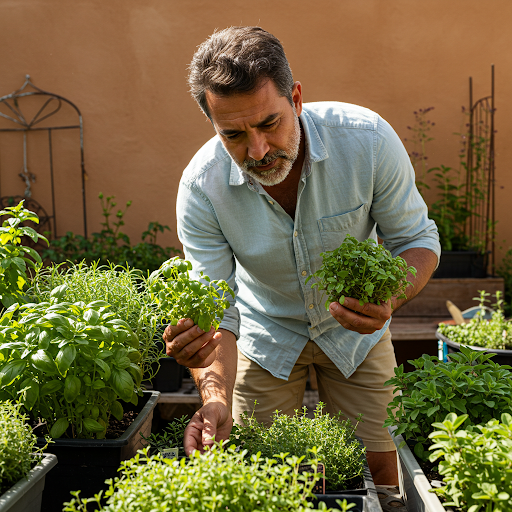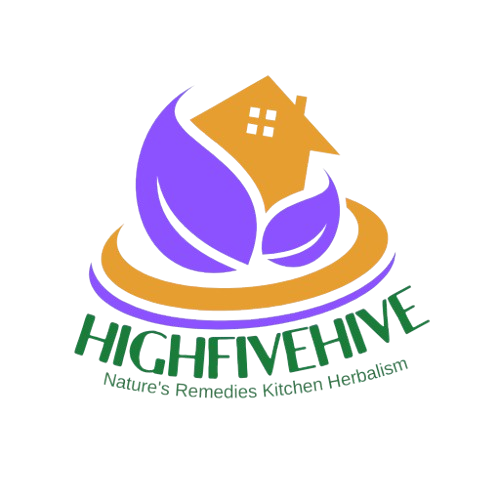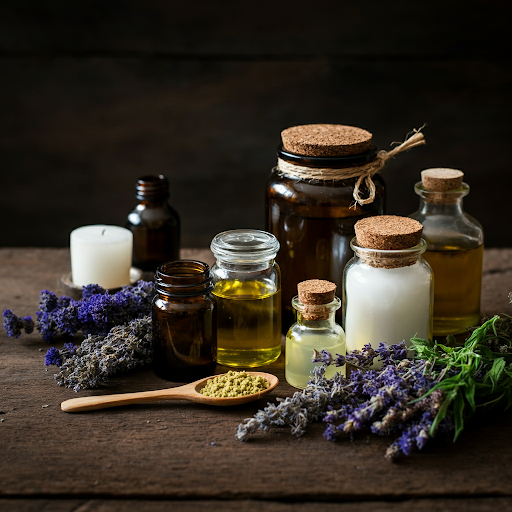

A Practice Rooted in Ancient Traditions and Modern Wellness
For over 5,000 years, herbalism has been a cornerstone of human health and well-being, offering a natural approach to healing and prevention. From the ancient Egyptians to modern-day wellness enthusiasts, the use of plants for medicinal purposes has endured, evolving alongside our understanding of the human body and the natural world.
A Brief History of Herbalism
The origins of herbalism can be traced back to prehistoric times when humans first began to recognize the healing properties of plants. Ancient civilizations, such as the Egyptians, Greeks, and Chinese, developed sophisticated systems of herbal medicine, using plants to treat a wide range of ailments.
In the Middle Ages, herbalism flourished in Europe, with monasteries and convents serving as centers of botanical knowledge. The Renaissance saw a renewed interest in classical texts and a surge in botanical exploration, leading to the discovery of new plant species and their medicinal uses.
Herbalism in Modern Times
Today, herbalism continues to thrive as a complementary and alternative medicine approach. With a growing interest in natural remedies and holistic wellness, many people are turning to herbs for their health benefits.
The Benefits of Herbalism
There are many reasons why people choose to use herbs for their health. Some of the benefits of herbalism include:
Natural and gentle: Herbs are often considered to be gentler on the body than conventional medications.
Holistic approach: Herbalism addresses the whole person, not just the symptoms of a disease.
Wide range of uses: Herbs can be used to treat a variety of conditions, from common colds to chronic diseases.
Preventive care: Herbs can be used to support overall health and prevent disease.
Commonly Used Herbs
There are thousands of herbs that can be used for medicinal purposes. Some of the most commonly used herbs include:
Echinacea: Used to boost the immune system and fight infections.
Ginger: Used to relieve nausea, indigestion, and pain.
Ginkgo biloba: Used to improve memory and cognitive function.
St. John's wort: Used to treat depression and anxiety.
Valerian root: Used to promote relaxation and sleep.
How to Use Herbs
There are many ways to use herbs, including:
Tinctures: Liquid extracts of herbs.
Capsules: Pills containing powdered herbs.
Teas: Herbal infusions made by steeping herbs in hot water.
Topical applications: Creams, ointments, and oils containing herbs.
Safety and Considerations
It is important to use herbs safely and under the guidance of a qualified healthcare professional, especially if you are pregnant, breastfeeding, or taking other medications. Some herbs can interact with medications or have side effects.
The Future of Herbalism
As our understanding of the human body and the natural world grows, so too does our appreciation for the power of plants. Herbalism is a time-honored tradition that continues to offer hope and healing for people around the world.
In Conclusion
Herbalism is a fascinating and complex practice with a rich history. Whether you are a seasoned herbalist or just beginning to explore the world of plants, there is always more to learn.
I hope this post has given you a brief overview of herbalism. If you are interested in learning more, I encourage you to do some research and consult with a qualified healthcare professional.
Additional Resources
Many Blessings,
HighFiveHive Nature's Remedies- Kitchen Herbalism
Discover Natural Remedies That heal the Mind , Body, and soul


